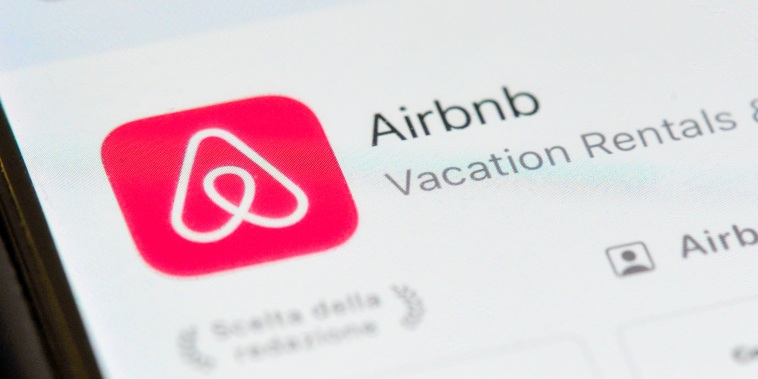Airbnb’s recent decision to ban indoor security cameras within properties listed on its platform has stirred significant discussion within the community of property owners, renters, and privacy advocates. This move comes in response to increasing concerns about guest privacy and the potential misuse of such surveillance devices. By implementing this ban, Airbnb aims to uphold its commitment to providing a safe and secure environment for all users while respecting their privacy rights.
The use of indoor security cameras in rental properties has been a contentious issue for some time. While hosts may install these cameras to monitor their properties and ensure guest compliance with house rules, the presence of such devices raises valid concerns about privacy invasion. Guests have the right to feel comfortable and secure during their stay without the fear of being watched or recorded without their knowledge or consent.
One of the key reasons behind Airbnb’s decision to ban indoor security cameras is the growing instances of their misuse. There have been reports of hosts using these cameras to spy on guests, infringing on their privacy and violating Airbnb’s guidelines. Such incidents not only undermine trust between hosts and guests but also pose a serious threat to the reputation of the platform as a whole.
By prohibiting the use of indoor security cameras, Airbnb is taking a proactive stance in addressing these privacy concerns and emphasizing the importance of respecting guest privacy. This move aligns with the platform’s commitment to creating a safe, welcoming, and transparent environment for all users. It also serves to differentiate Airbnb from other lodging options by prioritizing guest privacy as a fundamental value.
While the ban on indoor security cameras may pose challenges for hosts who rely on these devices for property surveillance, Airbnb has provided alternative solutions to address security concerns. Hosts are encouraged to utilize external security cameras for monitoring outdoor areas while refraining from installing any surveillance devices indoors. Additionally, hosts can enhance property safety through measures such as secure locks, alarms, and thorough screening of guests.
In conclusion, Airbnb’s decision to ban indoor security cameras for properties listed on its platform underscores the importance of prioritizing guest privacy and safety. By taking this proactive step, Airbnb is sending a clear message that it values the trust and confidence of its users and is committed to upholding the highest standards of privacy protection. Moving forward, it is essential for hosts to embrace this policy change and explore alternative security measures that align with Airbnb’s principles while ensuring a positive and secure experience for all guests.
